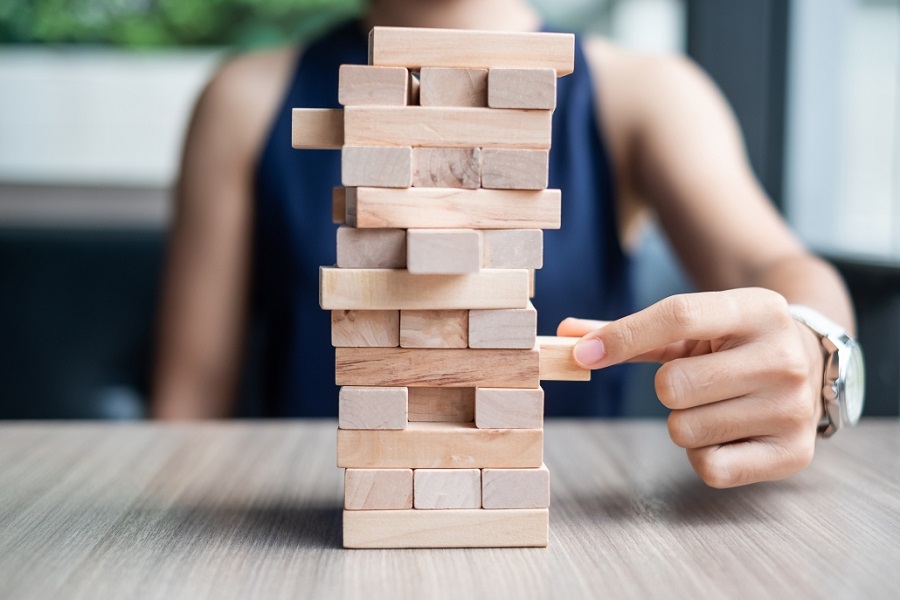Women and Disability Coverage

As a financial advisor, I always check to make sure that my clients with dependents have enough life insurance to ensure that their children will have sufficient financial resources should my client prematurely pass away.
It’s human nature to think: nothing will happen to me, I’m fine. But in reality, we’re all vulnerable and could experience a temporary or permanent period of disability (a cancer diagnosis, car accident, etc.) that could leave us without the ability to support ourselves or our loved ones. Making sure that you have enough disability coverage to protect your income from this type of event is even more necessary than protecting against premature death.
I’m a numbers gal, and admittedly I’m drawn to stats that tell a story. The following stats about women and disability came from a 2019 survey by the Council for Disability Awareness:
- 1 in 4 of all female workers today will experience a serious work disability before reaching normal retirement age.
- 52% of all single, working women, age 20-65 have no disability insurance at all, and of those who have it, only 55% say they have enough coverage.
We’ve known for a long time that women have higher rates of disability throughout their working careers than men, excluding pregnancy. But what is surprising is how few single women have income protection, and how few seriously consider it.
What can we do about this? At Savant, we carefully review our clients’ insurance needs including life, disability, and property insurance. For disability coverage, our mantra has always been to check out the group coverage that is available through your employer first, before considering a private disability policy. Many employers offer some protection for little or no cost. If you have coverage through your employer, don’t ignore this important benefit.
If we are mothers of young, full-time working daughters, we need to take this a step further. Start talking to them about paying for disability coverage. Why would we remind them to pay for renter’s insurance for their “stuff” but not talk to them about paying for disability insurance to protect their income?
As women, whether we are younger or older, single or married — if we work, securing income protection for unplanned disability is a basic necessity and part of getting our financial house in order.
